The Ohio State University

fall 2023
BROUGHT TO YOU BY THE buckeye brain aging lab and the mindset lab AT OSU
The FASTER Study Newsletter
welcome to
Thank you for participating!
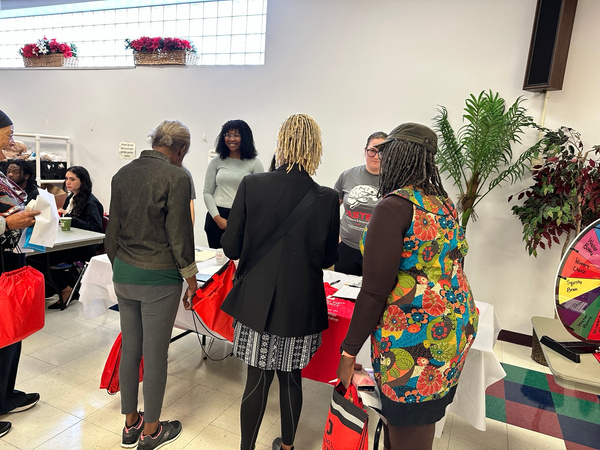
WHERE WE’VE BEEN
Brain Health Fair
In September, members of the BBAL and MINDSET Labs met with local community members interested in learning about healthy brain aging. It was a joy to hear their stories and share healthy lifestyle resources!
Excited to see you all there again next year!
Senior Olympics
In June, members of the Buckeye Brain Aging Lab took a trip out to Westerville North High School to watch healthy aging in action!
So proud of these amazing Senior Olympians that inspire us to keep on moving!
Senior Wellness Jamboree
This October, we were empowered by the fun time we spent walking, talking, and dancing with members of the local community and other experts on all things aging and wellness!
WHERE SHOULD WE GO NEXT?
Email us suggestions for community events you’d like to see us at! Reach us at FASTERstudy@osu.edu.
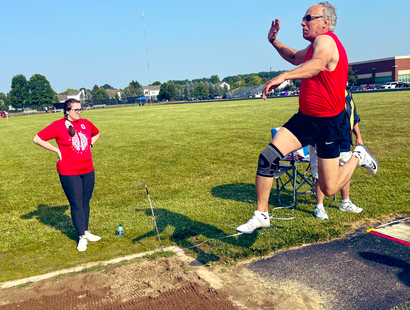
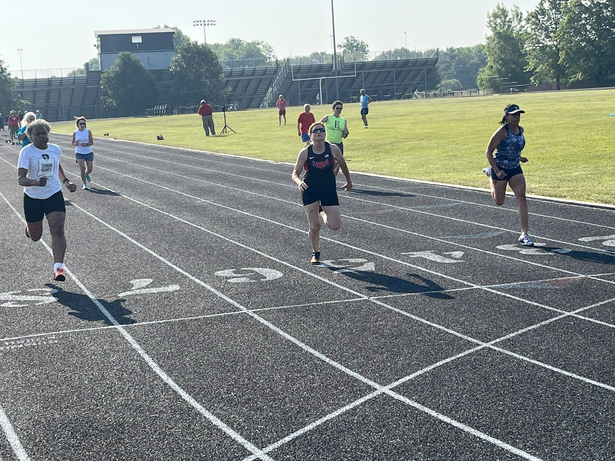
ON THE NEXT PAGE
Meet our newest team members!
“Science Says... “
Graduate Students


Grace A.
Grace is a graduate student in Clinical Psychology interested in improving classification of traumatic brain injury and understanding the reciprocal impact health behaviors (e.g., physical activity) have on long-term brain health.
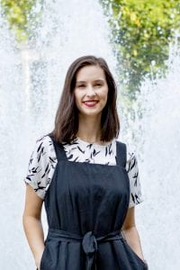
Olivia H.
Olivia is a graduate student in the Clinical Psychology program. Her research interests focus on early detection of cognitive decline and lifestyle factors that impact healthy
brain aging.
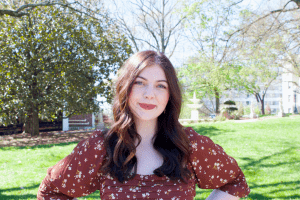
Jillian G.
BBAL RA
Her research focuses on investigating sex differences in various risk factors for Alzheimer’s Disease, with an emphasis on determining why women have a higher diagnostic rate compared to men.
MINDSET RA
Her research interests include the relationship between the brain and cognition (decision-making, recognition, attention), mental health, and TBI using brain imaging tools.

BBAL RA
Her research interests include all things social psychology, with a current interest in the protective effects of social support on healthy brain aging and physical and mental wellbeing.
MINDSET RA
Her research interests include evaluating how TBI affects cognition and white matter integrity in older adult populations through neuropsychological assessment and DTI.
Noor C.
ON THE NEXT PAGE
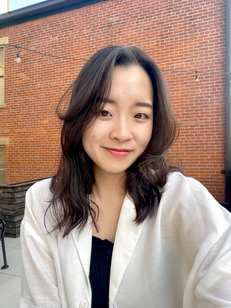
Stacey P.
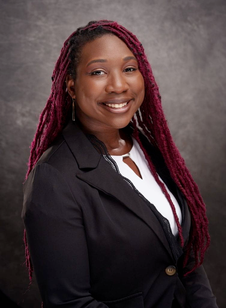
Robrielle P.
Research Assistants
“Science Says...”


Benefits of Healthy Sleep
Sleep not only helps us feel well-rested throughout the day, but it also gives our internal organs and processes time to do their thing! Sleep can affect our stress hormones, immune system, blood pressure, and cardiovascular health; therefore, it’s important we give our body the sleep it needs.
Learn more at: https://newsinhealth.nih.gov/2013/04/benefits-slumber
The Power of Routines
A warm bath in the early evening and early morning exercise can help you fall asleep more quickly, aide in overall sleep time, and even deepen sleep. Also, avoiding caffeinated products at least 6 hours before bedtime can allow for better sleep. Don’t worry, though! That morning coffee shouldn’t negatively affect you. Finally, try setting a consistent alarm, as this will promote better sleep regularity!
Learn more at:
https://www.sciencedirect.com/topics/medicine-and-dentistry/sleep-hygiene
Disconnect and Recharge


A Flemish study from 2020 provided evidence suggesting that bedtime phone use can lead to poorer sleep outcomes across the lifespan. It can lead to later wake times in younger adults and shorter sleep times in older adults. Many phones now have “Wind-down” or “Bedtime” features to remind you when it’s time to turn off your device and take some time to start that new book, go for an evening stroll, or do some yoga!
Learn more at:
https://pubmed.ncbi.nlm.nih.gov/30501032/

ON THE NEXT PAGE
Our Senior Grad Students’ Latest Work
In this edition of “Science Says”, we come to you with tips from scientific literature on healthy sleep habits.
Our Senior Grad Students’ Latest Work
Click the titles to learn more!

Jessica S.
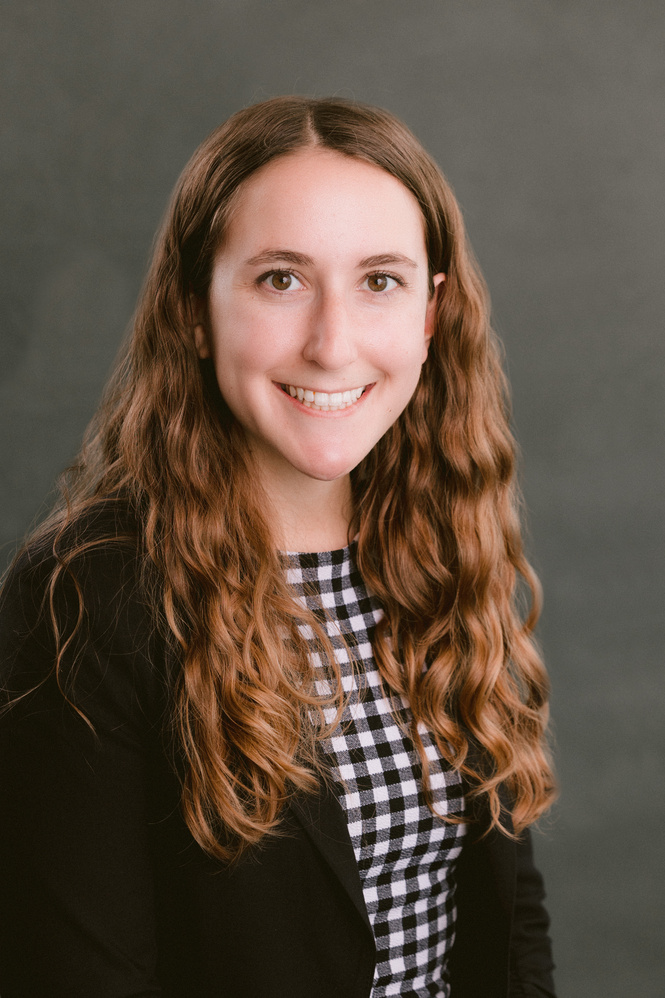
Jessica conducted a study to see how different physical and health factors, as well as markers of Alzheimer’s Disease, affect memory and problem-solving in older adults. The goal was to figure out which factors are most important in predicting changes in these cognitive abilities.
Results: Markers of Alzheimer’s disease were important predictors of changes in memory and problem-solving. Factors related to heart and brain health were important for predicting change in problem solving and planning.
published in the Journal of Alzheimer’s Disease
Kate conducted a study to examine how different health markers could predict decline in the ability to perform everyday tasks (e.g. paying bills, shopping alone, etc.) in older adults. The study used machine learning techniques to discover which health markers are important for predicting decline.
Results: The participants’ partners reported their ability to carry out everyday activities. These reports were more predictive than health markers such as blood and genetic testing, as well as brain imaging. This is significant because this is a very non-invasive and cost-effective marker of cognitive decline, compared to other options.
published in Brain Communications
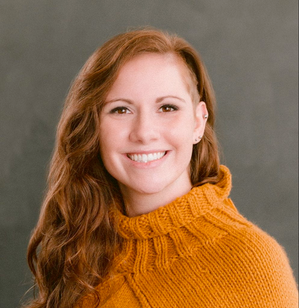
Kate N.
Jena M.
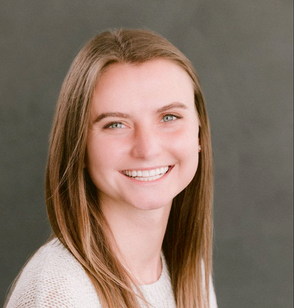
Jena conducted a study to see how the age at which youth athletes sustain their first concussion influences cognitive performance and psychological distress in collegiate athletes.
Results: Women who sustained their first concussion at a younger age had slightly more psychological distress and slower reaction time. Among men, there was no relationship between age of first concussion and cognition or psychological distress. Other factors, such as pre-existing medical conditions and type of sport played were also important predictors of cognition and psychological distress among collegiate athletes.
published in the Journal of Sports Medicine
ON THE NEXT PAGE
A Message from Our PIs
A Message from Our Principal Investigators

We would like to express our heartfelt thanks to our FASTER study participants who have graciously given their time, effort and energy to advancing our understanding of brain and cognitive health. Initiated in 2021, the FASTER study has collected data from 120 adults, putting us well on track toward our target of 300 participants for the baseline visit. This remarkable progress stands testament to the dedication of our study team and our participants, whose willingness to volunteer is a heartening example of community spirit and collective pursuit of knowledge. As we step into the data analysis phase and initiate follow-up visits, we are excited about the insights and revelations that await. In addition, we eagerly anticipate continued collaboration and exploration alongside our community in the years to come!
--Scott Hayes, Ph.D. & Jasmeet Hayes, Ph.D
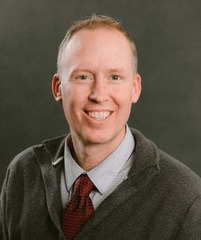
Dr. Scott Hayes
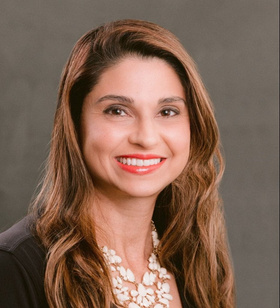
Interested in referring friends or family to participate?
The link below will take you to our screening form.
ON THE NEXT PAGE
Funding and Donations
Dr. Jasmeet Hayes
Other Ways to Support our Research

Your contributions help fund:
- Training experiences for undergraduate and graduate students
- The use of state-of-the-art measurement and testing equipment
- Community outreach materials and activities
ON THE NEXT PAGE
Thank You!
Donate to support research on healthy aging and Alzheimer’s disease!
Your financial contributions go a long way in helping our lab meet our research goals and continue to discover findings that can help promote a happy, healthy community!
Thank You to Our Funding Sources!
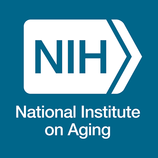
The National Institutes of Health: National Institute of Aging
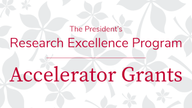
The Ohio State University’s Enterprise for Research, Innovation and Knowledge
The Ohio State University Discovery Themes Chronic Brain Injury Initiative
Our research efforts are also supported by generous donations made by community members.
NEED TO CONTACT US OR WOULD LIKE MORE INFORMATION?
The Ohio State University


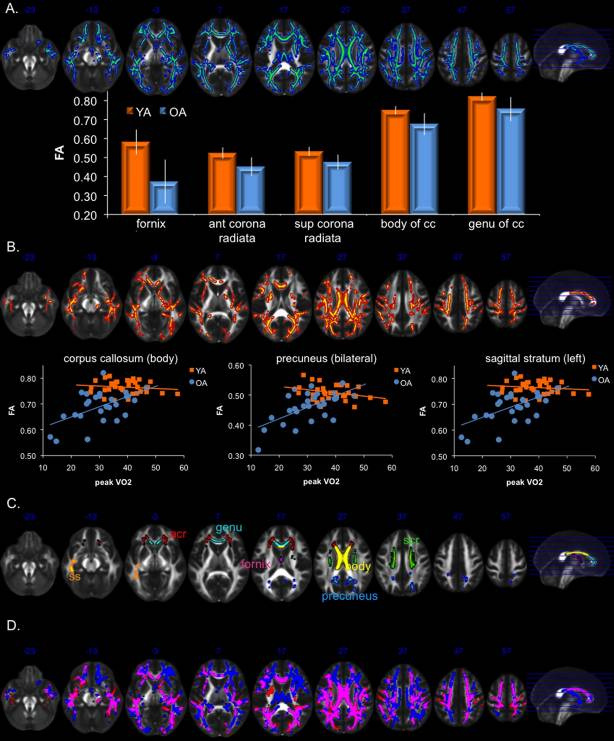
The FASTER Study Newsletter
thank you for reading

Thank you for 120+ participants!
We couldn’t do this without you!
Keep an eye out for this newsletter for future updates from FASTER!
Go to FASTERstudy.org to learn more!
Abigail Bowsher, Noor Chaudhry, Jillian Graham